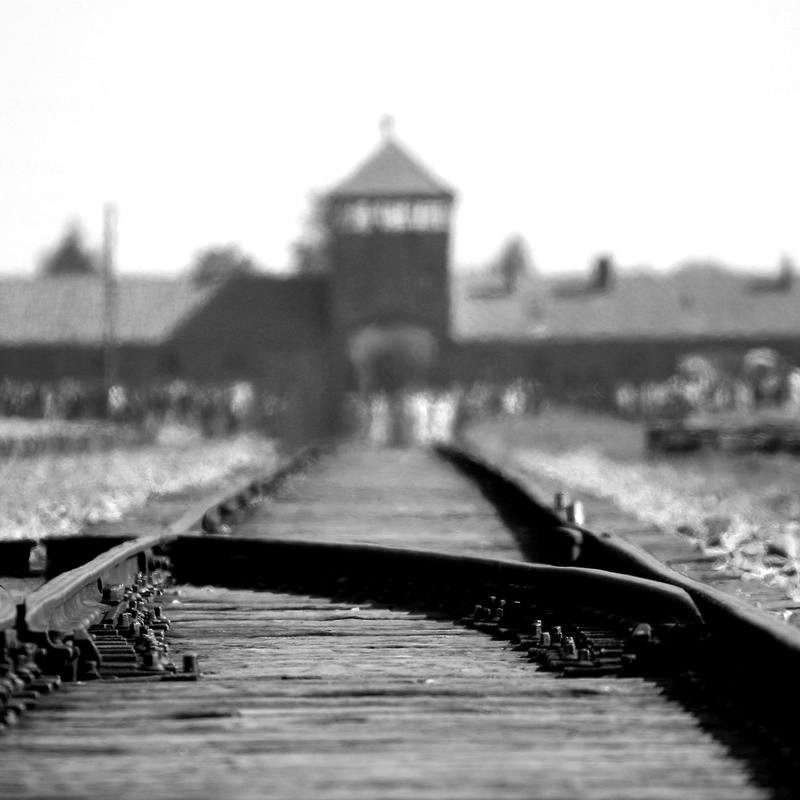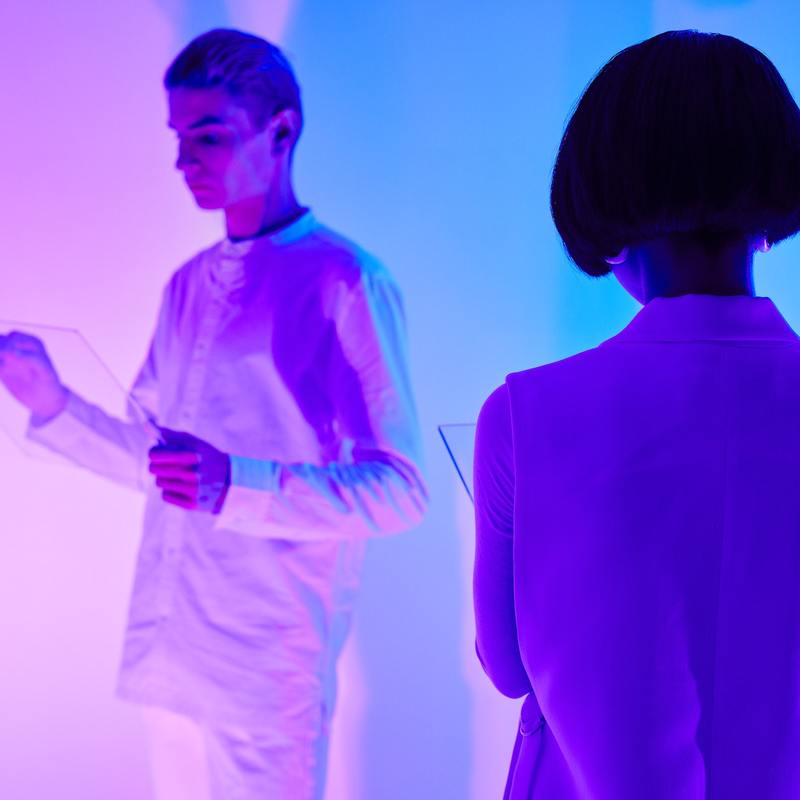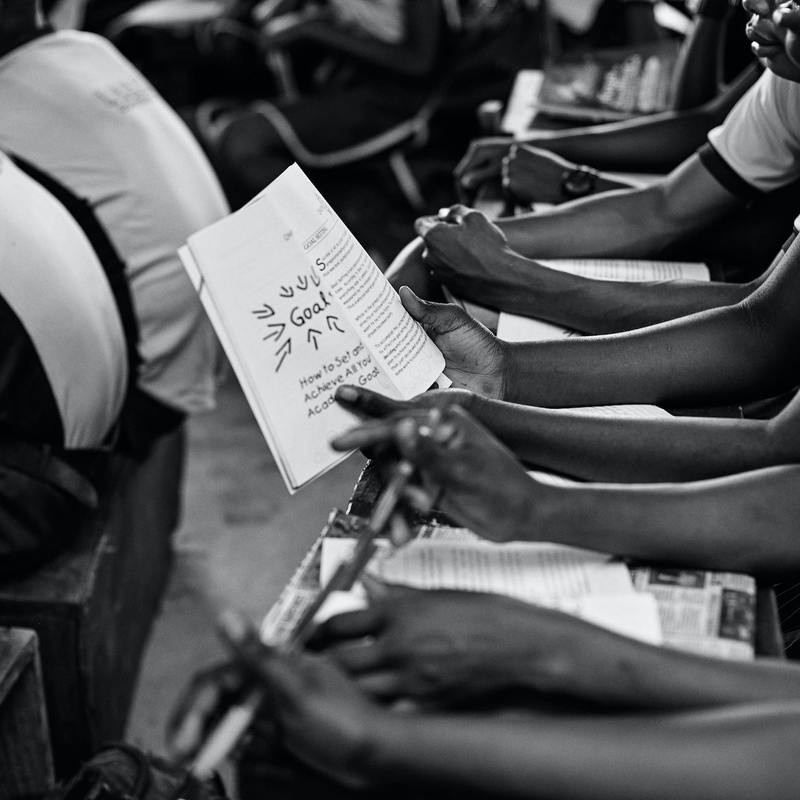Search
Modelling Spatial Scale and Heterogeneity in Rotterdam Housing Market Using Multiscale Geographically Weighted Regression
DOI: 10.17160/josha.10.4.915
This study investigates the spatial heterogeneity of the Rotterdam housing market, as well as the spatial scale at which the processes that explain housing prices operate. I use data on 3632 residential properties that were sold in Rotterdam in 2018 provided by the NVM. Using a recently (2017) developed technique called Multiscale Geographically Weighted Regression (MGWR), I show that certain factors explaining residential housing prices operate on different spatial scales, indicating the existence of relatively local and more global effects. Lot size and the state of maintenance of the house exterior seem to operate on a local scale, whereas the degree of isolation and number of rooms appear to be global. Comparison of the MGWR model with a regular GWR with fixed bandwidths and a global hedonic model with location fixed effects, show that the MGWR best fits the data, i.e. a model that allows the bandwidths to vary for each parameter outperforms the models that do not allow this.
JOSHA’s Critical Review of “Crypto Art: A New Era in Art vs. Adventure Challenges” by Taras Habrel
DOI: 10.17160/josha.10.4.911
This article explores crypto art, a new phenomenon in the art world, and compares its challenges and advantages with the traditional art market. It argues that NFTs have brought legitimacy to digital art and offer a transparent and fair alternative for artists seeking financial independence. While acknowledging potential environmental impacts, the article concludes by outlining possible scenarios for the future development of crypto art worldwide. However, it also highlights the significant legal issues that must be addressed for a fair and sustainable market for artists and collectors.
JOSHA’s Critical Review of “High Hopes for ‘Deep Medicine’? AI, Economics, and the Future of Care” by Robert Sparrow and Joshua Hatherley
DOI: 10.17160/josha.10.6.910
"High Hopes for 'Deep Medicine'? AI, Economics, and the Future of Care" by Sparrow and Hatherley critically examines the potential impact of AI on healthcare. The essay questions the optimistic view that AI will enhance the doctor-patient relationship, and identifies economic and institutional factors that may hinder its realisation. Concerns are raised about the erosion of the therapeutic relationship, increased administrative burden, reduced time for patient interaction, and diminished trust in doctors. While acknowledging the benefits of AI in diagnosis, the authors call for a more balanced approach, suggesting specific recommendations and exploring successful examples of AI integration to prioritise patient-centred care and protect the doctor-patient relationship.
Care of Sulcata Tortoises (Centrochelys sulcata) in Captivity in India
DOI: 10.17160/josha.10.3.909
The sulcata tortoise is a popular reptile species native to Africa that has seen an increase in popularity as a pet in India in recent years. Proper captive care and husbandry are essential for the well-being and health of sulcata tortoises, and it is important to consider the specific needs and requirements of these animals in Indian conditions. This article provides a comprehensive overview of the captive care and husbandry of sulcata tortoises in Indian conditions, including considerations for different weather conditions and seasons, common health problems and their prevention measures, and other relevant topics. The article also discusses the importance of environmental enrichment, and the need to provide a stimulating and varied environment that meets the physical, social, and behavioural needs of the tortoises.
GENOCIDE: From the Second Empire's Namibia, to the Third Reich’s Birkenau
DOI: 10.17160/josha.10.3.908
The concept of the Empire (Reich) of the German Nations was first established by Otto I in the year 962. It was revived from the defunct Holy Roman Medieval one at a post war conference in Versailles, in 1871. This revival became a reality by the unification of the dispersed German states, with Otto v. Bismarck named as chancellor and William I, as emperor.(1871-88). It was however, in 1884 at a meeting in Berlin, that the European states divided the potential African colonies. Consequently, Germany was granted a colony on the South/Western African coast, in today’s Namibia, the land of Hehero and Nama. Starting as an economic enterprise (tobacco, metals, diamonds, and cattle), this soon became a racially driven Genocide, which included medical experiments. The similarities of the Second Reich with the coming Third Reich were described by many historians.
The Importance of Diversity in Knowledge Sharing: Why JOSHA is the Ideal Platform
DOI: 10.17160/josha.10.4.904
The article discusses the importance of diversity in academic publishing and the role of JOSHA in promoting open access and interdisciplinary research. While traditional publishing often favours the 'consolidation' of work, JOSHA encourages authors to publish disruptive and innovative work that may challenge existing paradigms. With a focus on accessibility and freedom from restrictions, JOSHA aims to provide a platform for scientists, artists and scholars of all backgrounds to share their ideas and knowledge. By prioritising the needs of authors and readers, JOSHA hopes to revitalise academic publishing and promote the power of diversity in sharing knowledge.
Algorithmic Futures – Between the End of Work and the Desire for Recognition
DOI: 10.17160/josha.10.3.903
The widespread automation of jobs could lead to a crisis of identity and self-esteem in humans, as recognition for socially useful activities is essential to human identity. Loss of recognition has been associated with social turmoil and the emergence of populist and authoritarian regimes. The new technological elites may pave the way for new struggles for recognition if the narrative of radical expendability remains unchallenged.
Editorial Volume 10 Issue 2
DOI: 10.17160/josha.10.2.900
The Josha-Journal looks to the future! In addition to many exciting contributions from various scientific and artistic disciplines, artificial intelligence is a focus of the current issue.
Major Problems of Colleges of Education in Nigeria and Possible Solutions
DOI: 10.17160/josha.10.3.894
This paper provides a comprehensive review of the challenges facing colleges of education in Nigeria. The study examines the historical background of colleges of education in Nigeria, the challenges facing them, and the possible solutions. The paper highlights the issues of inadequate funding, lack of qualified personnel, outdated curriculum, poor infrastructure, and inadequate facilities as some of the major challenges facing these institutions. The study provides possible solutions and suggests that urgent intervention is needed to address these challenges to improve the quality of teacher education in Nigeria. In order to achieve this, this study adopts a qualitative research design by conducting a comprehensive review of the literature on the challenges facing colleges of education in Nigeria. The study collects data from various sources, including books, journals, reports, and online sources.
JOSHA's Critical Review of "PhD Training is no Longer Fit for the Purpose – it Needs Reform Now” by Nature
DOI: 10.17160/josha.10.5.891
The editorial in Nature titled "PhD Training is No Longer Fit for Purpose - It Needs Reform Now" highlights the urgent need for reform in doctoral training, which is failing to meet the expectations of world leaders who consider science crucial for national welfare. Doctoral training has long been troubled, with concerns about inadequate student grants, lack of support, poor quality supervision, and systemic discrimination in academic culture. Additionally, doctoral students are not prepared for the interdisciplinary work and large teams that are characteristic of contemporary science, particularly outside of academic research. The article suggests that the current system of doctoral training, based on a master-apprentice relationship with individual professors, is outdated and inadequate. The editorial calls for a revolution in doctoral training design and funding, similar to the one that occurred when education became open to all.









